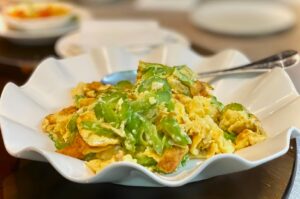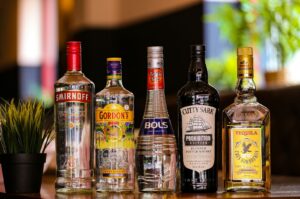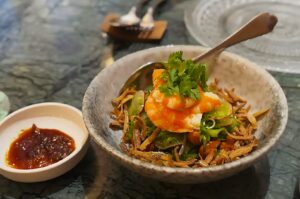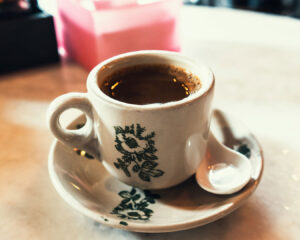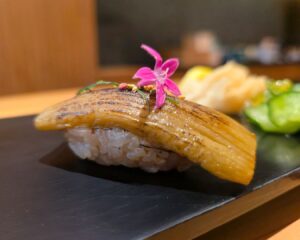Author’s Note:
This article was initially published in November. I’ve since revisited it and made a few updates to improve flow and clarity. Enjoy!
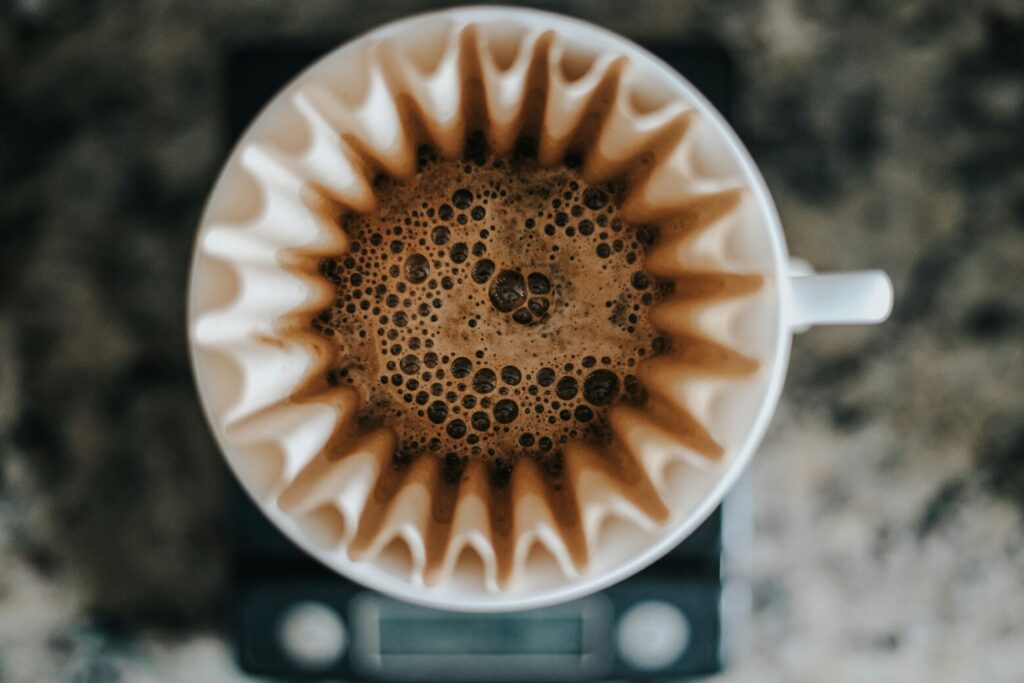
What makes coffee in Singapore truly special isn’t just the quality of coffee beans or skill of roasters, but the unique cultural fusion where centuries-old Hainanese coffee traditions blend with third-wave coffee culture, Japanese precision meets Australian café vibes, and local flavours merge with international techniques. Whether you seek the perfect flat white, a traditional kopi-o, or an experimental cold brew infused with local ingredients, Singapore delivers a coffee experience to delight even the most discerning drink coffee enthusiasts.
This guide explores Singapore’s diverse coffee landscape, from essential destinations that put the city on the global coffee map to hidden neighborhood gems where locals gather for their daily ritual. Discover the heritage shaping Singapore’s coffee culture, the international influences evolving it, and insider knowledge to navigate this caffeinated wonderland like a true local.
Best Coffee Singapore: Essential Coffee Beans Destinations and Coffee Bars
Nylon Coffee Roasters
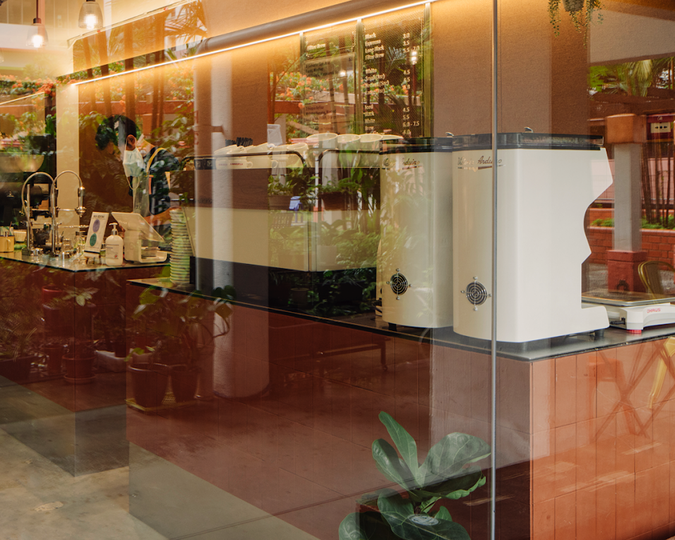
Tucked in a heritage shophouse near Chinatown, Nylon Coffee Roasters epitomizes Singapore’s specialty coffee scene. Their freshly roasted own coffee beans come from direct relationships with coffee farms worldwide, ensuring ethical sourcing and exceptional quality. Their legendary flat white balances rich, dark chocolate notes with silky microfoam, creating a transcendent coffee experience.
Baristas share stories of farmers and processing methods behind each single origin, which changes regularly, from Ethiopia’s bright, fruity beans to Brazil’s nutty offerings. This education enhances the tasting notes and deepens appreciation.
Practical Details: Opening hours Mon-Fri 8:30-16:30 (closed Tue), Sat-Sun 9:00-16:30. Near Tanjong Pagar MRT. Specialty drinks $5-8.
Common Man Coffee Roasters
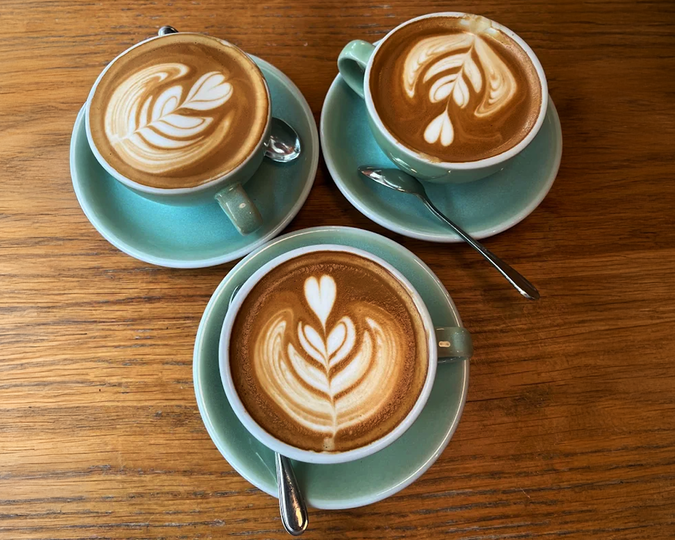
With multiple locations, Common Man Coffee Roasters champions sustainability and accessibility. Their Martin Road first outlet and flagship blends clarity and balance, perfect for those transitioning from traditional kopi to specialty coffee. The house blend offers a sweet, approachable coffee with complex tasting notes.
Their cold brew, slow-extracted over 18 hours, is a refreshing favourite in Singapore’s tropical climate. Baristas guide customers through a wide selection of single origin beans, from bright Kenyan to chocolatey Colombian.
Practical Details: Opening hours generally 7:30-19:00 Mon-Fri. Robertson Quay location is ideal for brunch and coffee lovers. Drinks $4-7.
Chye Seng Huat Hardware: Coffee Roasters and Coffee Bar
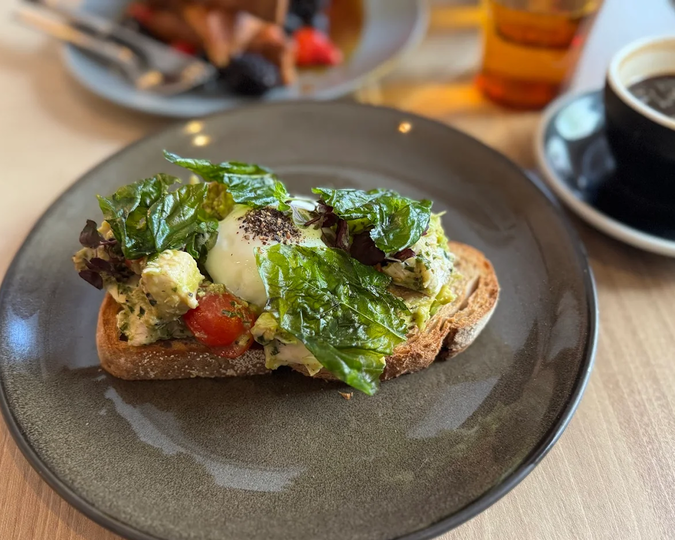
Housed in a former hardware store, this café blends Singapore’s industrial heritage with specialty coffee innovation. Their nitrogen-infused black cold brew on tap is a highlight, creamy and complex with evolving flavours.
The coffee menu spans traditional espresso to pour-over filter coffee, showcasing single origin beans with precise brewing. Food offerings include local-inspired pastries and gula melaka French toast, perfect with a cup.
Practical Details: Open daily 8:30-22:00, Lavender MRT. Specialty drinks $5-9.
Tiong Hoe Specialty Coffee
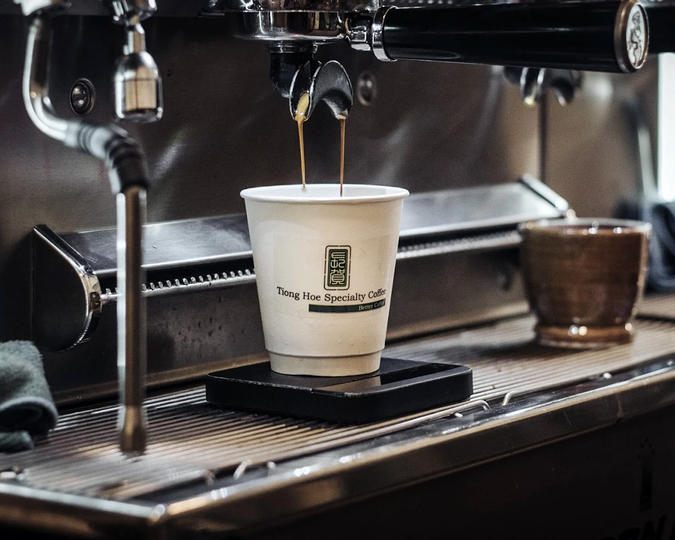
A third-generation roastery, Tiong Hoe Specialty Coffee blends traditional kopi roasting with specialty beans. Their signature blend combines sugar and margarine roasting with single origin beans, creating rich coffee with notes of roasted nuts and dark chocolate.
The café showcases heritage alongside modern brewing, offering a unique coffee experience that honours Singapore’s roots.
Practical Details: Open Mon-Fri 8:00-17:00, Sat-Sun 8:30-16:30. Multiple locations. Drinks $3-6.
Cafes in Singapore: Hidden Gems and Neighbourhood Coffee Shops
Maxi Coffee Bar
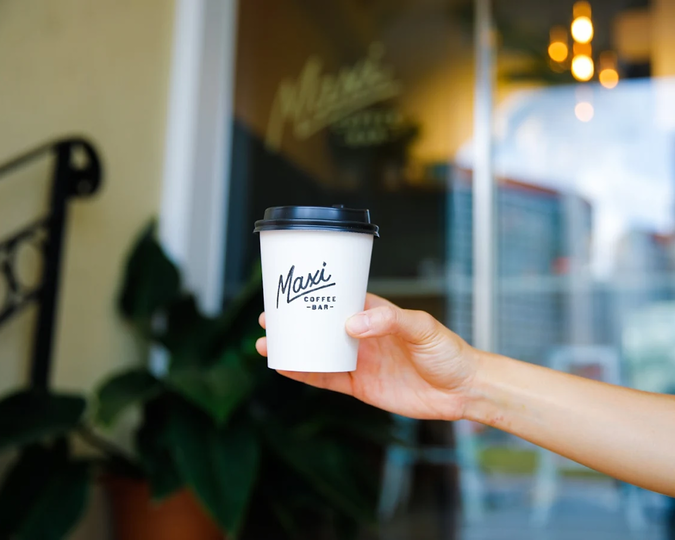
Located near Maxwell Food Centre, Maxi Coffee Bar offers an unpretentious spot with standout drinks like their cereal milk cold brew—a nostalgic, sweet twist on black cold brew coffee. The neighbourhood vibe is authentic, attracting locals and professionals alike.
Practical Details: Open Tues-Fri 8:00-16:00, Sat-Sun 9:00-16:00 (closed Mon). Near Maxwell MRT. Drinks $5-8.
Apartment Coffee
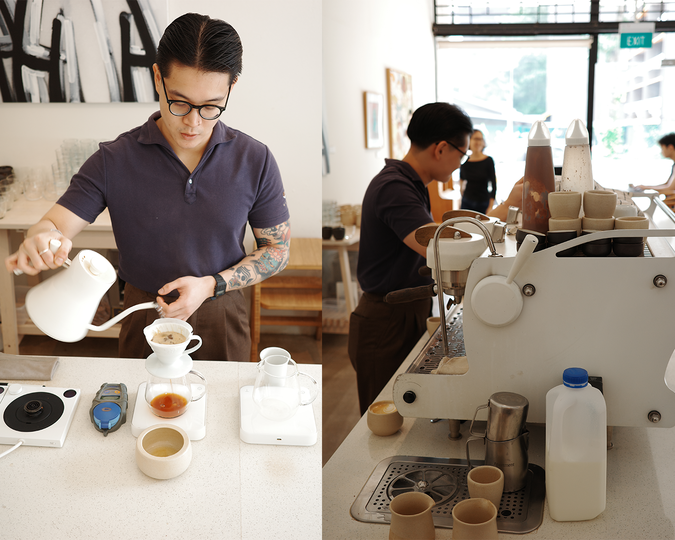
In a converted shophouse, Apartment Coffee offers a homely atmosphere and expertly brewed specialty coffee. Their rotating single origin beans come with stories of coffee farms and tasting notes, inviting coffee lovers to a personalised journey.
The food menu features locally inspired pastries, complementing the coffee without overpowering it.
Practical Details: Open daily 10:00-18:00. Recently relocated to Selegie Road. Specialty drinks $4.50-$8.
Old Hen Coffee Bar
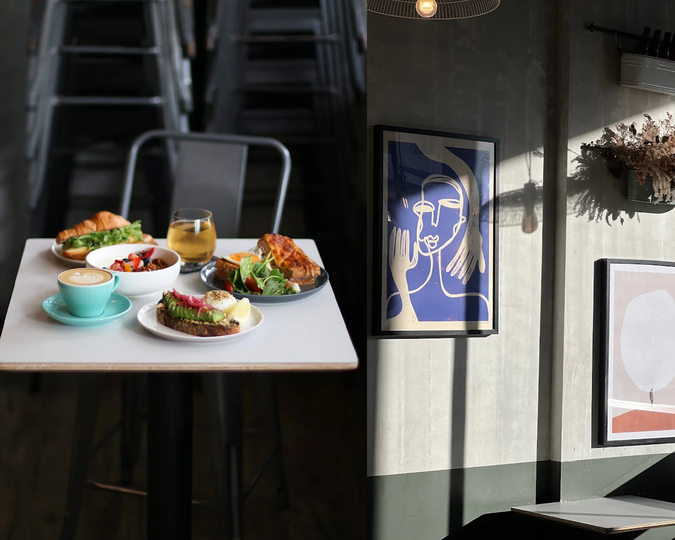
Old Hen Coffee Bar in Farrer Park balances specialty coffee standards with kopitiam accessibility. Their filter coffee highlights clean, balanced flavours, appealing to novices and connoisseurs alike. The community atmosphere reflects Singapore’s evolving coffee culture.
Practical Details: Open Mon-Sun 9:30-17:00. Located near Farrer Park MRT. Drinks $4.50-6.
Coffee Experience in Singapore: International Flavours and Specialty Coffee Roasters
Kurasu Singapore

Kurasu brings Kyoto’s minimalist café culture to Singapore, focusing on precise pour-over filter brews with delicate tasting notes like floral and bright acidity. Their single origin beans are sourced directly from farms, and the calm atmosphere enhances the coffee experience.
Practical Details: Open daily 8:00-20:00. Near Bencoolen and Rochor MRT stations. Pour-overs $6-9.
%Arabica Singapore
With sleek interiors inspired by Kyoto, %Arabica offers expertly roasted espresso and milk-based drinks that balance sweetness and acidity. Their international team reflects Singapore’s cultural fusion, making the café experience sophisticated yet locally relevant.
Practical Details: Located in 313 Somerset near ION Orchard. Open daily. Drinks $5-8.
Glyph Supply
Glyph Supply roasts their own beans and offers a wide selection of espresso and filter brews, focusing on unique flavour profiles like rum and dark chocolate notes. Their café is a favourite among coffee lovers seeking quality and variety.
Practical Details: Open Mon-Fri 7:30-16:30, Owen Road, Farrer Park. Specialty drinks $4-7.
Bearded Bella
Co-owned by a Singapore National Barista Champion, Bearded Bella serves excellent specialty coffee alongside delicious food in a cosy shophouse near Clarke Quay. Their coffee menu features single origin and house blends with rich flavour profiles.
Practical Details: Open Mon-Fri 7:30-17:00, Sat-Sun 7:30-18:00. Near Clarke Quay MRT.
Traditional Kopi Culture and Where to Drink Coffee in Singapore
Singapore’s kopi culture offers a bold, sweet coffee experience made from robusta beans roasted with sugar and margarine, brewed through cloth sock filters, and served with condensed milk or evaporated milk. This tradition embodies community, comfort, and heritage.
Maxwell Food Centre
Maxwell Food Centre is a prime spot to experience authentic kopi alongside kaya toast and soft-boiled eggs. It’s a bustling kopitiam where locals gather for their daily coffee fix.
Ya Kun Kaya Toast
Ya Kun Kaya Toast offers a commercial yet authentic kopi experience, providing consistent quality across locations, ideal for visitors seeking traditional flavours in a comfortable setting.
Coffee by Neighbourhood: Great Spots Across Singapore
Tanjong Pagar: The Coffee Hub
This district hosts the highest concentration of specialty coffee shops, including Nylon Coffee Roasters and proximity to Maxwell Food Centre, offering a full spectrum of coffee experiences within walking distance of Tanjong Pagar MRT.
Queenstown: Heritage Meets Hipster
Home to Tiong Hoe Specialty Coffee, Queenstown blends historical charm with modern cafés, serving both locals and visitors in an authentic community atmosphere.
Holland Village: International Flavours
Known for its expatriate-friendly vibe, Holland Village features cafés like %Arabica, offering global coffee styles in a relaxed setting accessible via Holland Village MRT.
Little India: Traditional Meets Modern
Little India offers a sensory-rich coffee experience with traditional Indian filter coffee alongside specialty brews, accessible via Little India MRT.
Practical Coffee Guide for Coffee Lovers
- Timing: Mid-morning (9:30-11:00) is ideal for fresh coffee and interaction with baristas. Early mornings and weekends can be busy.
- Ordering: Learn kopi terms like “kopi-o kosong” for authentic ordering in traditional kopitiams. Specialty cafés offer detailed menus.
- Pricing: Traditional kopi costs $1.20-2.50, specialty coffee ranges $5-8, with rare single origins priced higher.
- Transport: MRT access makes coffee crawls convenient. Walking between nearby cafés reveals hidden gems.
- Etiquette: Traditional kopitiams encourage social interaction; specialty cafés often cater to quieter atmospheres.
Your Perfect Singapore Coffee Journey
Whether you seek traditional kopi at Maxwell Food Centre, specialty brews at Nylon Coffee Roasters, or hidden neighborhood gems like Apartment Coffee and Old Hen Coffee Bar, Singapore offers a rich, diverse coffee culture. Explore the city’s cafés, savour single origin beans, enjoy expertly roasted coffee, and immerse yourself in the vibrant coffee experience that makes Singapore a must-visit for coffee lovers worldwide.
Your perfect Singapore coffee journey awaits – one cup, one story, one perfectly extracted shot at a time. Continue exploring the city’s hidden gems with Beyond the Boutiques: Finding Real Orchard Road Food or uncover the character of older dining enclaves in The Quiet Soul of Orchard Plaza Food.

